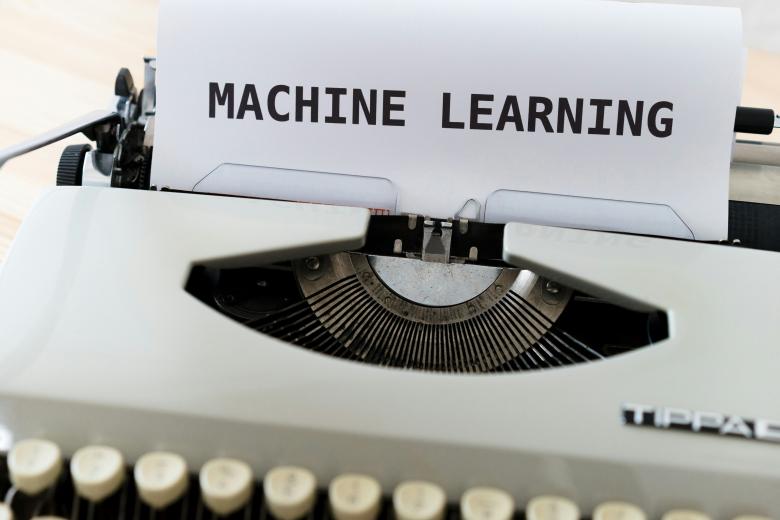Globalisation & Law Network seminar with Elies van Sliedregt
On 8 May 2024, the Globalisation & Law Network hosted a seminar featuring Elies van Sliedregt, Professor of Criminal Law and Procedure at Tilburg University. Her talk, based on the inaugural lecture ‘Uitzonderlijk strafrecht’ (‘Exceptional Criminal Law’) delivered on 31 March 2023, delved into the relationship between international criminal law and international refugee law.
Professor van Sliedregt discussed the prosecution of foreign nationals for international crimes committed outside the forum state, emphasising the role played by the International Criminal Court (ICC). She highlighted the concept of universal jurisdiction, which permits states to prosecute individuals for serious international crimes regardless of the location of the crime or the nationality of the perpetrator. Despite the apparent narrowing of this practice in countries such as Spain and Belgium, Professor van Sliedregt pointed out that data indicates an overall increase in the application of universal jurisdiction. France's recent efforts to charge companies complicit in human rights violations serve as a notable example of this trend. The presentation then focused on the practice of countries such as Germany, Sweden, and Norway that have adopted pure universal jurisdiction for war crimes, crimes against humanity, and genocide. Professor van Sliedregt also examined the challenges of the application of Article 1F(a) of the 1951 Refugee Convention, which excludes individuals from refugee status if there are serious reasons for considering that they have committed certain serious crimes.
Subsequently, Professor van Sliedregt explored the motivations behind prosecuting international crimes. She outlined two primary approaches, namely: the “Global Enforcement” approach (exemplified by Germany), and the “No Safe Haven” approach (an approach aimed at preventing impunity, which traces back to the historical efforts in Canada and the US to track down Nazi war criminals). The talk also touched on the selective nature of justice and the obstacles in prosecuting high-cost defendants versus low-cost ones.
Professor van Sliedregt’s presentation was followed by reflections offered by Alexandre Skander Galand.
If you are interested in the intersection of law and a more than ever globalised world, we invite you to join our upcoming seminars organised by the Globalisation & Law Network. Stay updated on our program and register here.
Also read
-
Contribute to a Voice for Children in Conflict Areas
Dr Marieke Hopman and Guleid Jama are launching a new research project on the role of children in peacebuilding in conflict areas.
-
Administrative integration through agency governance The role of Frontex, the EUAA and Europol
PhD thesis by Aida Halilovic
-
Reducing the Digital Divide: Empowering Students to Train, Evaluate, and Use AI Text Models
The Maastricht Law and Tech Lab, together with the Brightlands Institute for Smart Society (BISS), obtained a € 100.000 a Comenius Senior Teaching Fellow grant.